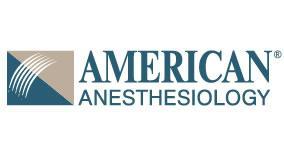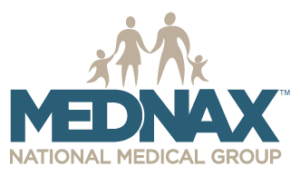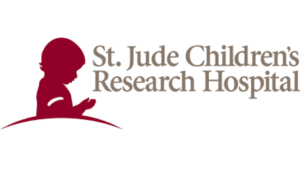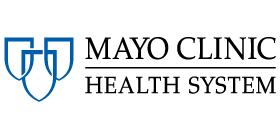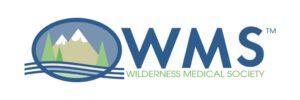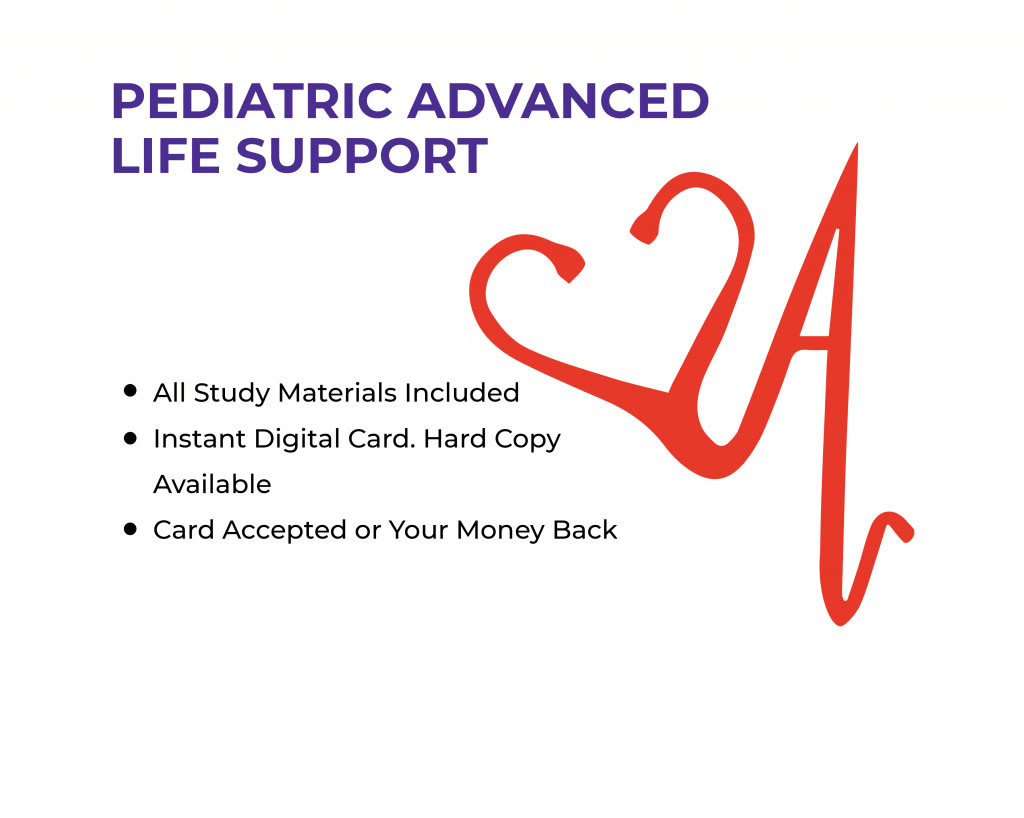
PALS Certification
- New Certification
- Recertification
8 CME/CE Credits
4 CME/CE Credits
Online PALS Certification
Course Overview
PALS stands for Pediatric Advanced Life Support. The PALS course presents the knowledge and resuscitation skills needed for the emergent treatment of three types of life-threatening conditions in the pediatric population:
- Cardiac emergencies, including both cardiac arrest and cardiac arrhythmias that may lead to cardiac arrest.
- Respiratory emergencies, including upper and lower airway obstructions, lung tissue disease, and disordered control of breathing.
- Shock, including hypovolemic, obstructive, distributive, and cardiogenic shock.
The primary goal of PALS is to recognize life-threatening pediatric emergencies and provide prompt assessment and treatment during the initial minutes of the emergency.
PALS follows internationally accepted treatment guidelines developed using evidence-based practice. These guidelines represent the consensus recommendations of experts in pediatric resuscitation, and provide us with a common “playbook” when a pediatric emergency occurs. By learning a standard approach to assessing and treating pediatric emergencies as an organized team, PALS providers from different settings can work together effectively.
Prior to beginning the PALS course, students should have a working knowledge of:
- Basic Life Support (BLS/CPR), including CPR for infant and child victims
- Basic ECG Rhythm Identification
Pediatric Advanced Life Support (PALS) provides a systematic method for recognition, assessment and treatment of pediatric emergencies. The PALS course includes a review of basic and advanced treatment for cardiac, respiratory and shock emergencies.
PALS is part of an overall system to improve survival. To maximize survival, each component of the system must work effectively, including:
- Early recognition
- Early activation of the emergency response system
- Early CPR
- Early defibrillation
- High-quality advanced life support
- Post-arrest care
This system begins with early recognition of pediatric emergencies and cardiac arrest. Especially for cardiac arrest, survival is improved significantly by early activation of the emergency response system. Community education programs to train the public to recognize cardiac arrest and other life-threatening pediatric emergencies can improve survival. Out of the hospital setting, the emergency response system is activated by calling 9-1-1, or other regional emergency number. In the hospital setting, healthcare providers should know the emergency number used to summon help.
While PALS certification requires knowledge of advanced treatment algorithms, these advanced interventions are secondary to early CPR and early defibrillation for the cardiac arrest victim. Here again, community outreach programs and facility-specific response strategies can reduce the time to CPR and the time to defibrillation by increasing the number of willing rescuers and improving access to AEDs.
Early recognition, early access, early CPR, and early defibrillation are all needed to maximize survival from cardiac arrest. Survival may be further improved by high-quality advanced life support capable of performing advanced interventions, such as advanced airway management, vascular access, and medication administration. Advanced life support is also needed to provide effective post-arrest care, supporting oxygenation, ventilation, and circulation for the post-arrest patient. Advanced life support can also improve survival from life-threatening respiratory and shock emergencies.
CE/CME Credits
Certification: 8 CME/CECredits (AMA/ACCME PRA Category 1 Credit(s)™ ANCC/ ADA/ ACPE/ AAPA)
Recertification: 4 CME/CE Credits
- AMA(ACCME), ANCC, AAPA, ACPE, ADA Accredited
- All study materials included
- Immediate Digital Provider Card
- Card Accepted or money back
ACI’s ACLS, PALS, and BLS Study Guides (included with both Certification and Recertification courses) are presented in a complete and thorough manner. You will not need any additional information to pass the exam. Our courses can be completed 100% online. Study Materials and Exams Adhere to the most recent ILCOR/ECC/AHA Guidelines.
Sign up
Purchase your courses.
Study
Study at your own pace, and come back to it as often as you’d like.
Take the Test
Take the test online when you’re ready. Incorrect answers link back to the study guide so you can learn and revise.
Get your Card
Immediate Digital Provider Card. Hard-Copy card mailed on request.
Advanced Certification Institute is Trusted By
We have certified tens of thousands of healthcare professionals.
